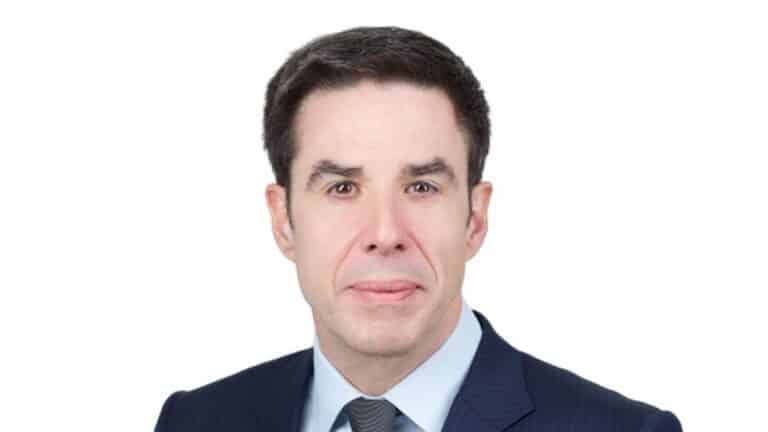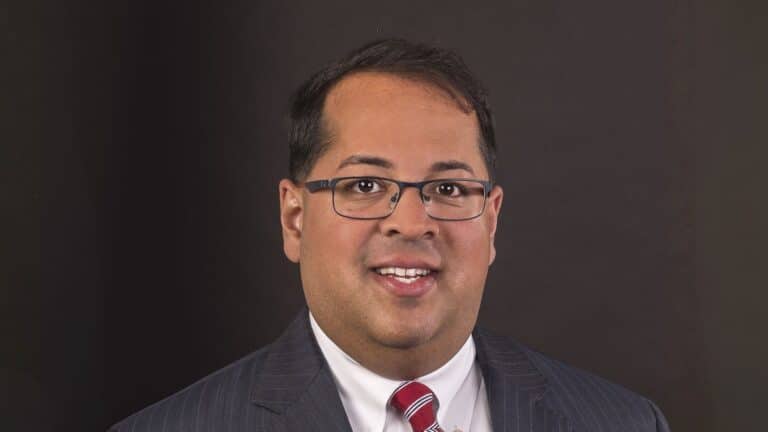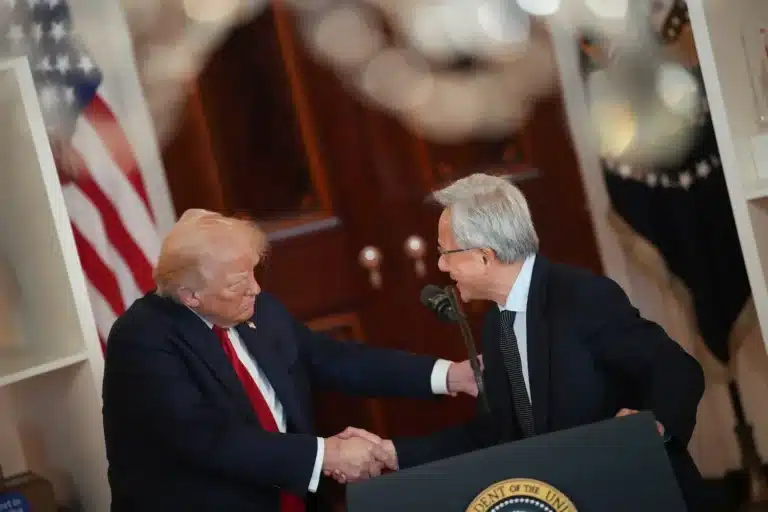This website uses cookies as well as similar tools and technologies to understand visitors’ experiences. By continuing to use this website, you consent to Columbia University’s usage of cookies and similar technologies, in accordance with the Columbia University Website Cookie Notice.
Climate Policy, Technology and Philanthropy: A Conversation with Jane Flegal
Philanthropy has a unique and critical role to play in tackling the climate crisis, with the potential to increase global ambition, create new climate solutions, innovate new technologies, scale proven mitigation strategies, and drive collaboration between the public and private sector.
But there are many different theories of change in the advocacy community. There are different views about the role of technology, how to integrate correcting historical racial and equity injustices into climate action, and how to build political support to drive policy change.
In this edition of Columbia Energy Exchange, host Jason Bordoff is joined by Jane Flegal to discuss the governance, science and decision-making processes needed to unlock climate action and new innovation.
Jane Flegal is a Program Officer in the Environment program at the William and Flora Hewlett Foundation, where she leads U.S. grantmaking to combat climate change and support a clean energy transition. Jane previously served as a senior program officer for the environment program at The Bernard and Anne Spitzer Charitable Trust in New York. She has been a policy analyst, published academic research, and taught and lectured in universities.
Jane holds a doctorate in environmental science, policy, and management from the University of California, Berkeley and a bachelor’s degree in environmental studies from Mount Holyoke College.
More Episodes
Emmanuel Lagarrigue on Climate Investing Today
Investment in clean energy technologies is on course to hit a record $2.2 trillion this year, according to the International Energy Agency. That’s more than twice the amount...

Amy Harder on Climate and Energy Reporting
The national conversation around climate change is shifting. There’s more focus on energy affordability and demand, as well as on the dual role artificial intelligence plays as both...

In a Charged Environment, FERC Faces Demands for Energy
The Federal Energy Regulatory Commission (FERC) regulates the United States’ energy transmission, pipeline networks, and wholesale rates for electricity. For much of its history, FERC was a little-known...

World Energy Outlook 2025: Navigating Divergent Futures
Around the globe, and here in the United States, energy markets face huge uncertainties. They include everything from rising geopolitical tensions to a wave of new liquefied natural...

Relevant
Publications
The Nvidia Chip Deal Is a National Security Disaster Waiting to Happen
Trump’s latest proposal would cede the United States’ AI advantage.

Beyond Tariffs: Coercive US Trade Deals and Southeast Asia’s Clean Energy Future
Two trade agreements recently negotiated by the Trump administration contain novel and coercive provisions with little precedent in US trade policy or the global trade system.

Energy is the next battlefield
Without transatlantic alignment, we risk forfeiting the very advantages our alliance was built to protect.

Is a Libyan Oil Revival Underway?
Libya's bid round for new oil and gas exploration and production highlights its potential revival as a major oil producer.

